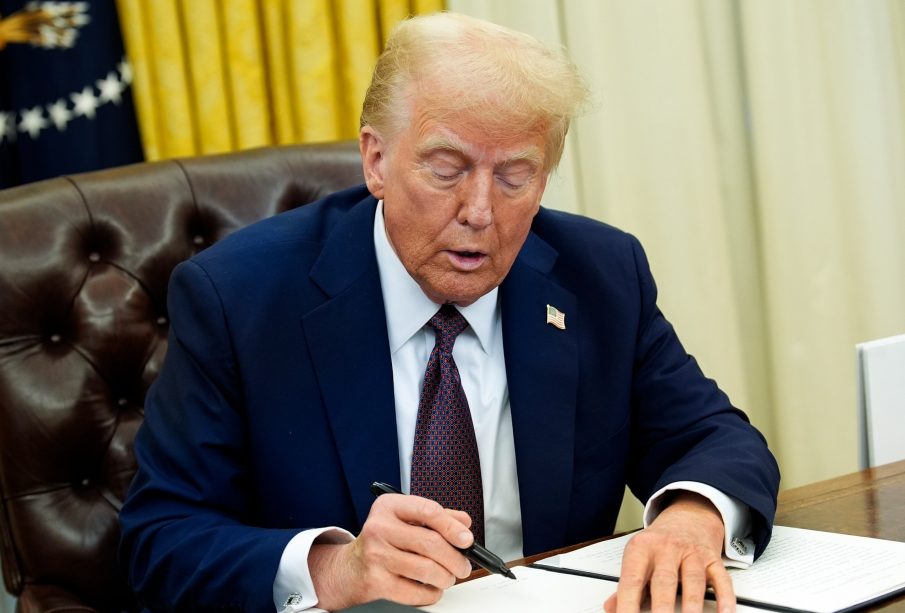Understanding the Meaning of DEI in Today’s Society

Introduction to DEI
DEI, an acronym for Diversity, Equity, and Inclusion, has emerged as a vital framework in workplaces and community organizations globally. In recent years, the importance of DEI has been emphasised as societies strive towards ensuring fair treatment and the inclusion of diverse populations. As businesses and institutions navigate a rapidly changing social landscape, understanding the meaning of DEI is crucial for fostering a healthy environment that promotes innovation and growth.
What Does DEI Mean?
Diversity refers to the presence of differences within a given setting, encompassing race, ethnicity, gender, age, sexual orientation, disability, and other facets that shape our identities. Equity is the practice of providing fair treatment, access, opportunity, and advancement for all individuals, while actively identifying and eliminating barriers that have historically led to unequal outcomes. Inclusion is about creating an environment where diverse individuals feel welcomed, respected, and valued. In essence, DEI promotes a culture where everyone can thrive.
Current Events Related to DEI
In light of recent global movements advocating for social justice, many organisations have begun to re-evaluate their DEI strategies. For instance, the Black Lives Matter movement brought significant attention to issues of racial equity, prompting many companies to implement diversity training and revise hiring practices. According to a report by McKinsey & Company, companies in the top quartile for racial and ethnic diversity are 35% more likely to outperform their competitors financially. This data underscores the potential benefits of embracing a comprehensive DEI approach.
Challenges and Criticisms
Despite its significance, DEI initiatives often face challenges. Critics argue that some efforts can lead to tokenism, where individuals from underrepresented groups are hired or promoted solely to meet diversity quotas without genuine organisational change. Moreover, there can be resistance within organisations, especially from those who feel threatened by changes in traditional structures. However, with commitment and proper frameworks, organisations can overcome these challenges.
Conclusion: The Future of DEI
The meaning of DEI continues to evolve, and its significance is becoming increasingly recognised across sectors. As organisations implement and adapt their DEI strategies, continual assessment and a willingness to learn will be essential. The focus on DEI not only promotes fairness and justice but also enhances creativity and decision-making, ultimately contributing to a more successful and sustainable business environment. As we move forward, it is imperative for all members of society to advocate for DEI principles, recognising that a diverse, equitable, and inclusive future benefits everyone.








